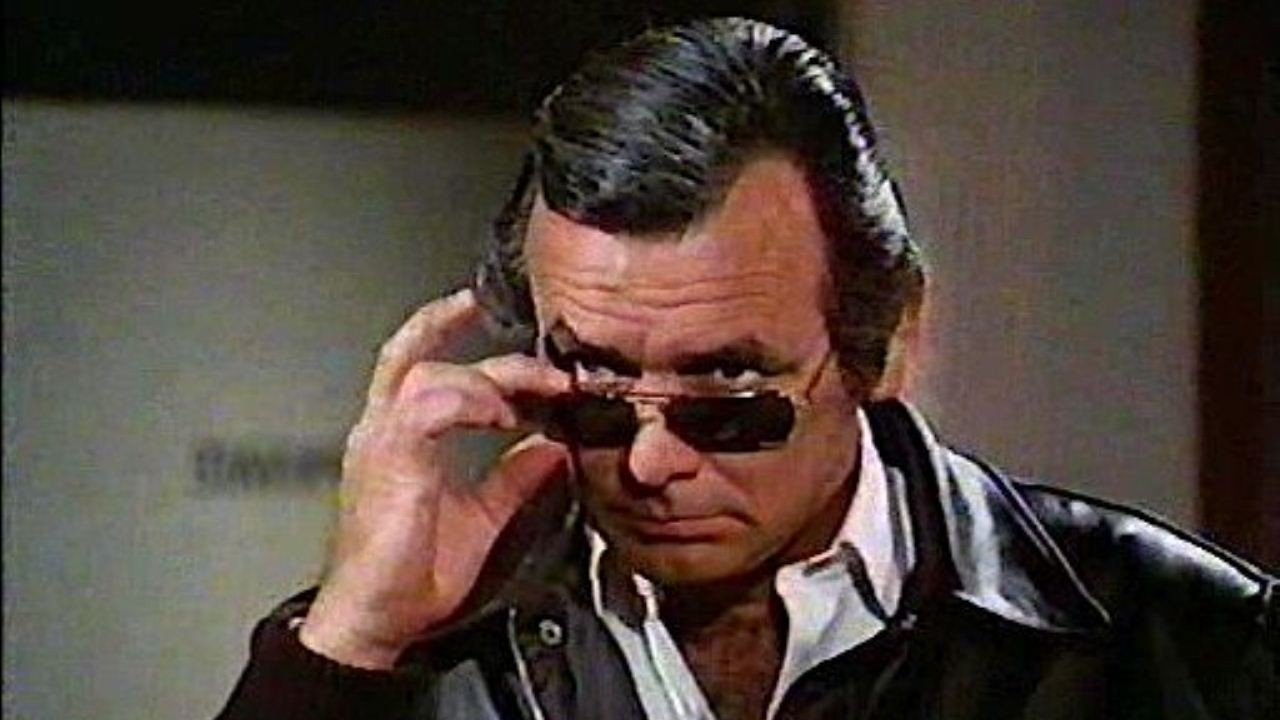



Brilliant and touching
It's hard to see any effort in the film. There's no comedy to speak of, no real drama and, worst of all.
View MoreIf the ambition is to provide two hours of instantly forgettable, popcorn-munching escapism, it succeeds.
View MoreThe acting is good, and the firecracker script has some excellent ideas.
View MoreForty-year old David Janssen's superb work on "The Fugitive" (and "Richard Diamond") made him one of televisions most sought after series leads. Janssen could have worked with anyone for his next series, including Herbert Brodkin ("The Defenders"), David Susskind ("NYPD"), David Levinson ("The Senator") or Roy Huggins ("Maverick", "Run For Your Life"). Inexplicably, Janssen chose Jack Webb. All of Webb's show's were cheaply produced, tacky procedurals with banal writing, low wattage guest stars, minimal location shooting, and cheesy background music. The actors read their lines from teleprompters (and it looked it.) Anyone knew what a Jack Webb show about a Treasury agent would be like before seeing it-anyone apparently except Janssen.Actually the idea of doing a show about an undercover Treasury agent had a lot of potential. But Webb wasn't the one to realize that potential. Michael Mann, Jerry Bruckheimer or Dick Wolfe still might make it work today.David Janssen was paid $30 thousand an episode for "O'Hara, U.S. Treasury", which was comparable to what James Garner was receiving for "Nichols" ($40 thousand an episode), Glenn Ford for "Cade's County" ($35 thousand an episode) and Rock Hudson for "McMillan and Wife" ($50 thousand for a 90-minute episode). James Franciscus, who was also returning to television in "Longstreet", only received $15 thousand an episode.When "O'Hara" was cancelled, Janssen started doing 90-minute Movies of the Week, for which he was paid $25,000 per film-less than he received for one episode of "O'Hara". "O'Hara" had been a disastrous career choice.David Janssen probably should have come back to television as a police detective (similar to the role he played so well in "Warning Shot".) Leonard Freeman ("Hawaii 5-0") might have been a good choice for a producer, since "Hawaii 5-0" pretty much set the gold standard for crime shows at that time. Perhaps the show could have been shot on location in San Franciso the way "5-0" was shot in Hawaii. Mike Farrell, James Wainwright or Ossie Davis might have been good as Janssen's partner. Or Janssen might have returned in a revival of "Richard Diamond", perhaps produced by Diamond's creator Blake Edwards ("Peter Gunn", "Mr. Lucky").David Janssen had much better luck with his final series "Harry O" created by Howard Rodman ("Naked City") and produced by Jerry Thorpe ("Kung Fu").Janssen's performance as Dr. Richard Kimble (1963-67) was so completely different from brash lady killer Richard Diamond (1957-60) that Janssen almost had a second chance to make a first impression with viewers. And Harry Orwell (1974-76) was so different from Kimble that again it seemed like Janssen had reinvented himself. Suddenly all Janssen's stiffness was gone replaced by a loose, sardonic, humorous persona. Orwell's only similar quality to Kimble was his underlying decency. And Harry Orwell like Richard Kimble often traveled by bus.David Janssen never had good quality control in choosing projects ("Dondi", "The Green Berets", "O'Hara, U.S. Treasury", Excedrin commercials, "Fer-de-Lance" (aka "Snakes on a Submarine"). Janssen reportedly turned down the lead in "Duel" (although its hard to believe he ever turned anything down.) And Janssen wasn't the best actor in terms of projecting emotion. But in three out of four of his series roles he was so on the money, that I think a lot of people considered him their favorite actor. David Janssen remained in demand right up to his death at 48.
View More